Navigation auf uzh.ch
Navigation auf uzh.ch
UZH offers students an excellent environment full of opportunities and a level of diversity that is unprecedented in Switzerland. When it comes to educational development, we rely on the expertise, creativity and commitment of our lecturers and study program managers.
In this way, we strengthen the sense of belonging of our teaching community and thus meet the demands of a rapidly changing society in a well-connected manner and with combined forces.
We have launched the "Future of Teaching" initiative in order to more vigorously and strategically coordinate and promote these developments. The initiative encompasses five strategic directions.
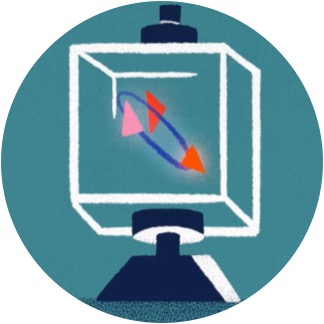
Enthusiastic, resourceful and gifted instructors create positive learning experiences and directly improve students’ prospects for the future.
Freedom is needed to create new types of teaching and refine existing ones to be up to date and effective over the long term.
This is why UZH promotes innovative teaching ideas and advocates for the creation of a lively, cross-faculty teaching community.
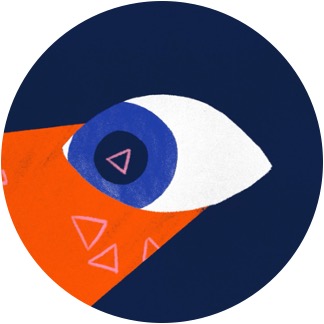
Good teaching is open to outside ideas and offers students a variety of opportunities for gaining international experience.
New cooperations are currently arising between European universities, and they offer great potential for change when it comes to teaching. Common virtual campuses are being built, online learning resources are being shared, and experimental, innovative forms of student mobility are being created.
UZH is involved in university networks in order to be part of these dynamic developments and to showcase and contribute its strengths on the international stage.
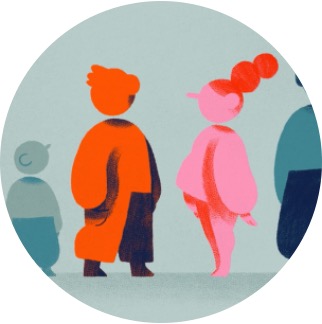
Universities share their knowledge with society. Researchers disseminate their findings, tackle current issues and inspire others to do their own thinking.
With society and technology undergoing rapid transformation, the need for lifelong learning is growing, as is the demand for shorter, more flexible and more open formats for acquiring knowledge on the university level.
UZH sees itself as a trailblazer when it comes to lifelong learning. The university is making efforts to open up its course offerings even more while at the same time ensuring their high level of quality.
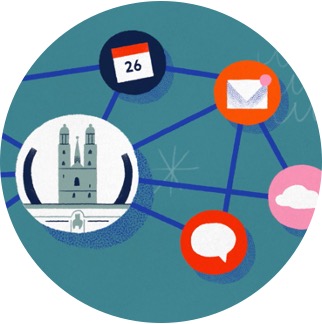
Teaching and studying activities rely on having digital services that are as smooth, intuitive and user-friendly as possible.
Here it’s equally important to close existing digitalization gaps as well as to future-proof the university in terms of digital services.
UZH provides the necessary prerequisites and ensures that digital services for students, instructors and administrative staff are fast and continually improved.
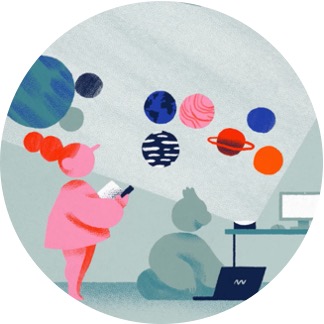
For students, the campus is the social core of the university – a place to make contact inside and outside of their courses. It’s a place where the university community comes to life.
These encounters can only take place if the appropriate space is provided, whether it be in person, virtual or a hybrid between the two.
UZH is pursuing an experimental approach when it comes to designing spaces for teaching and learning; we are launching relevant pilot projects and are paving the way for the campus of the future.